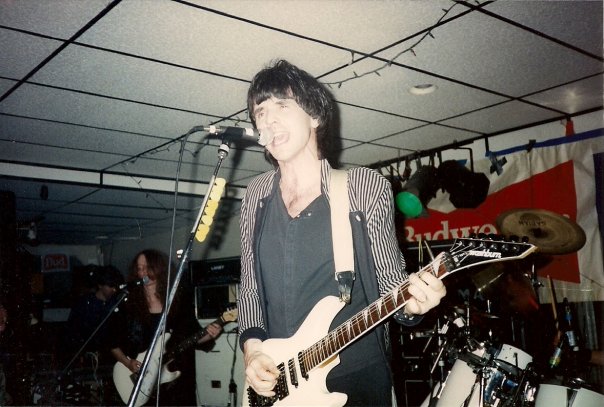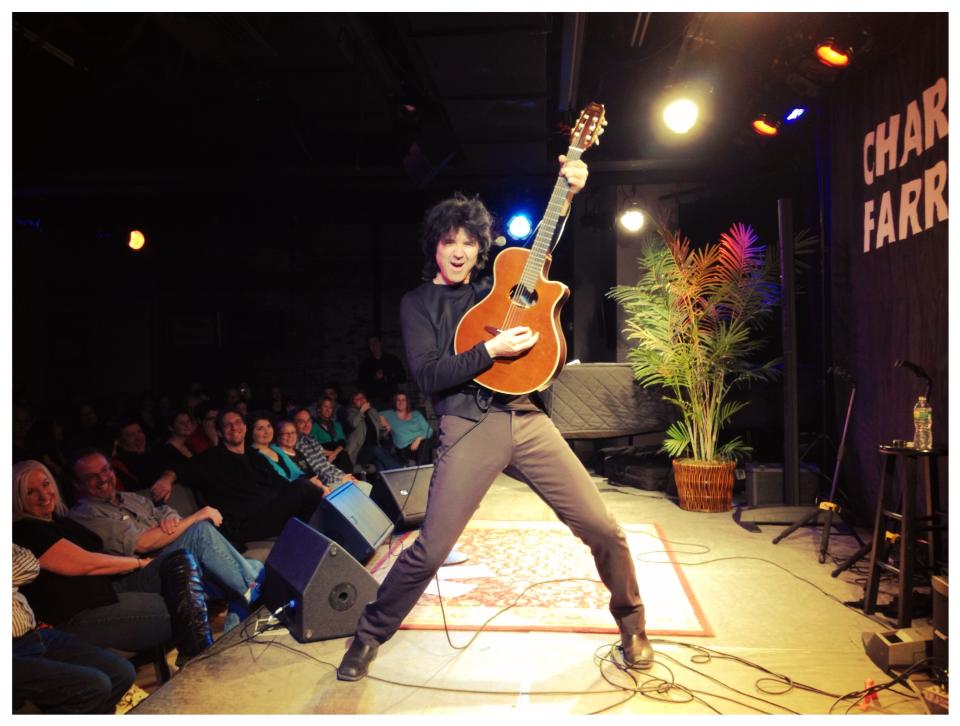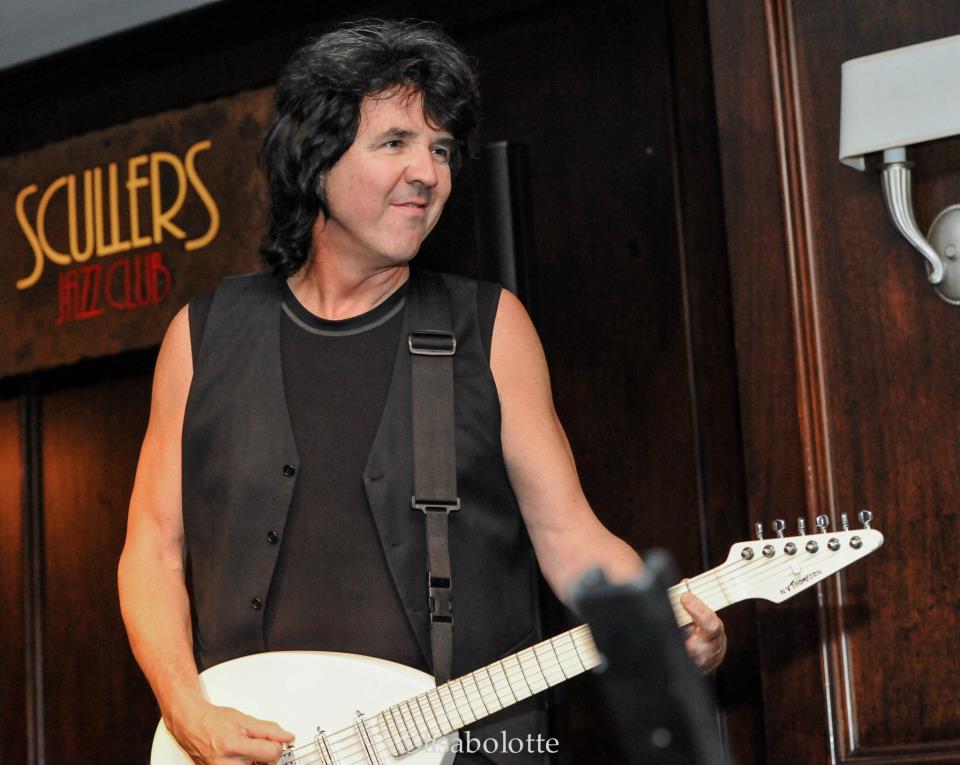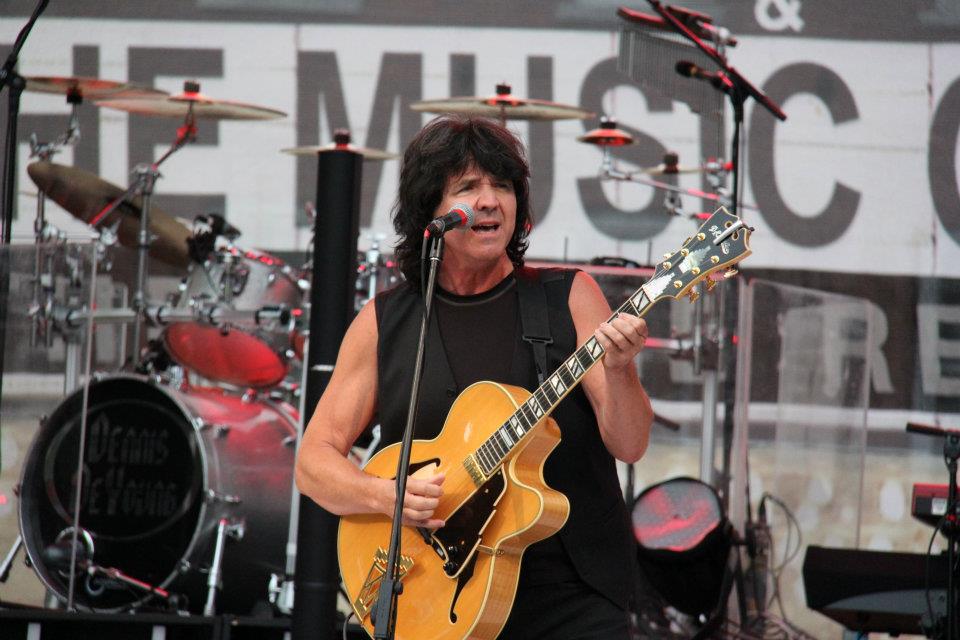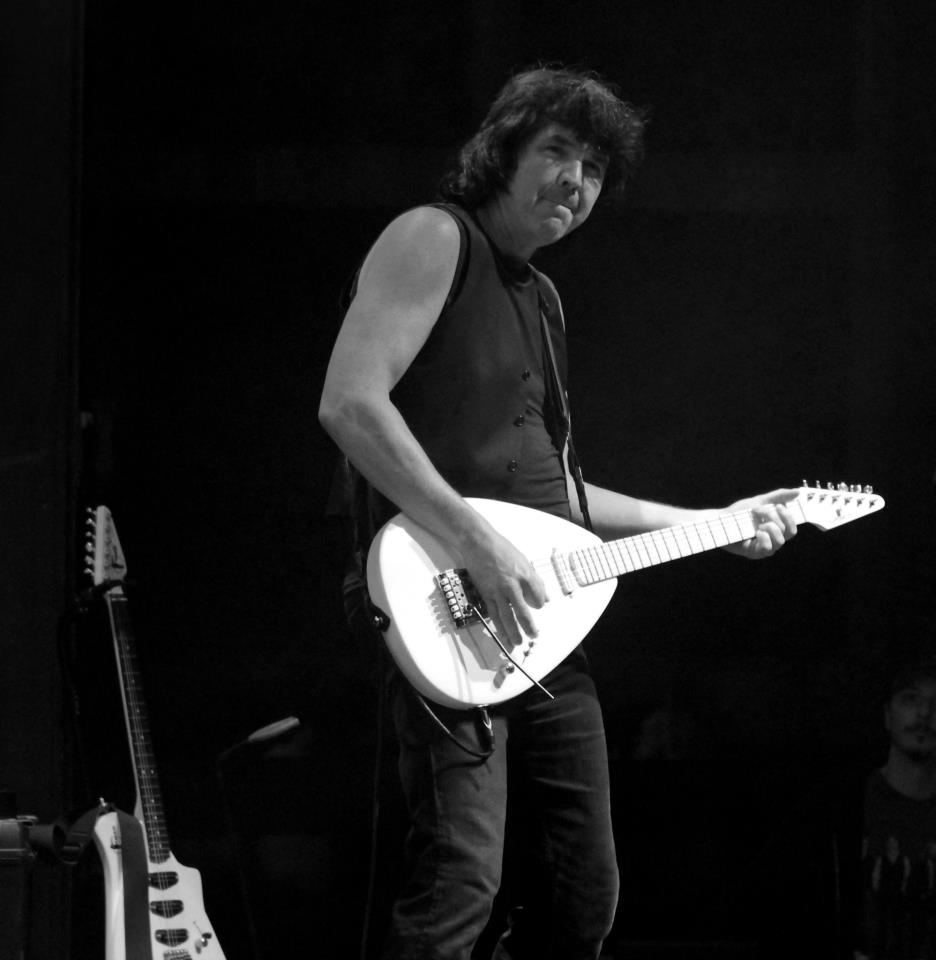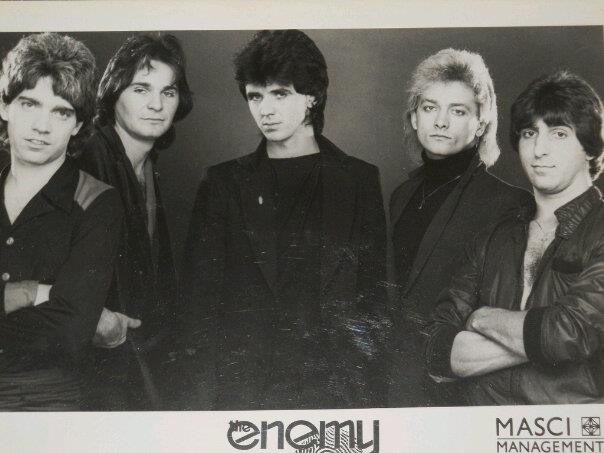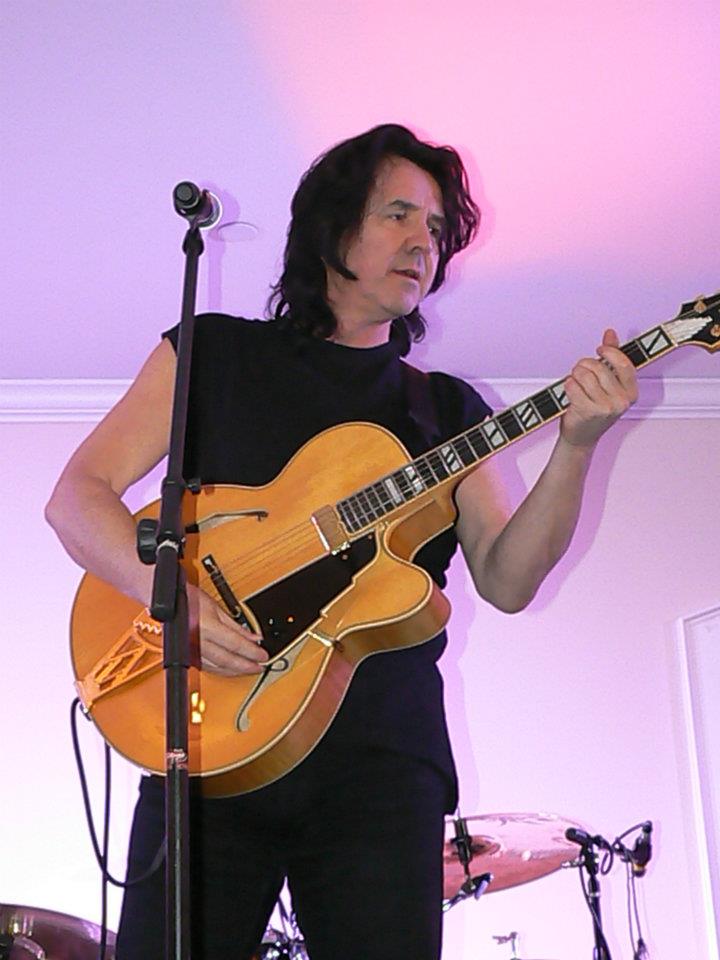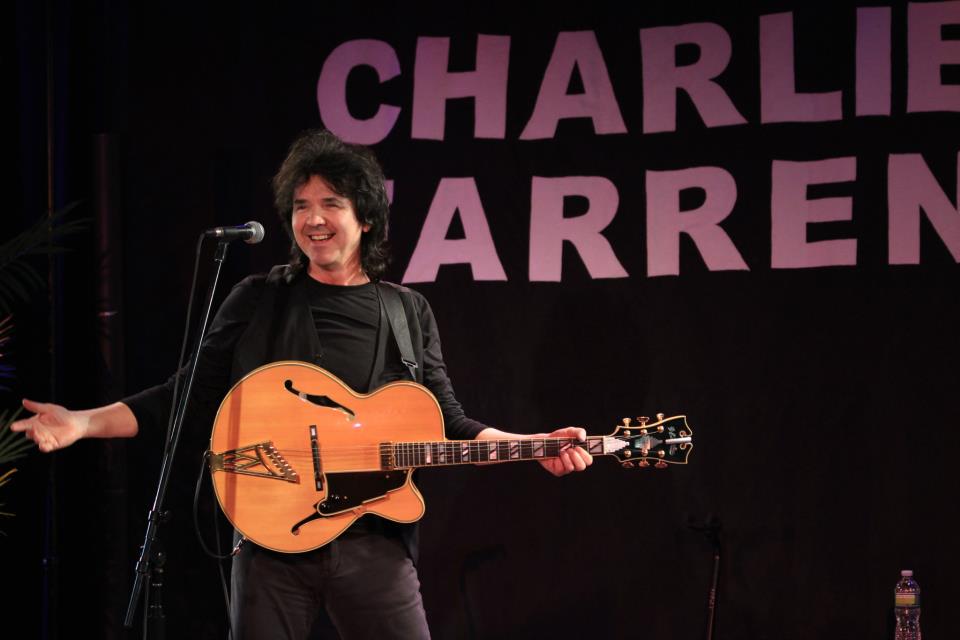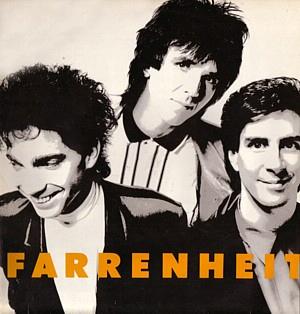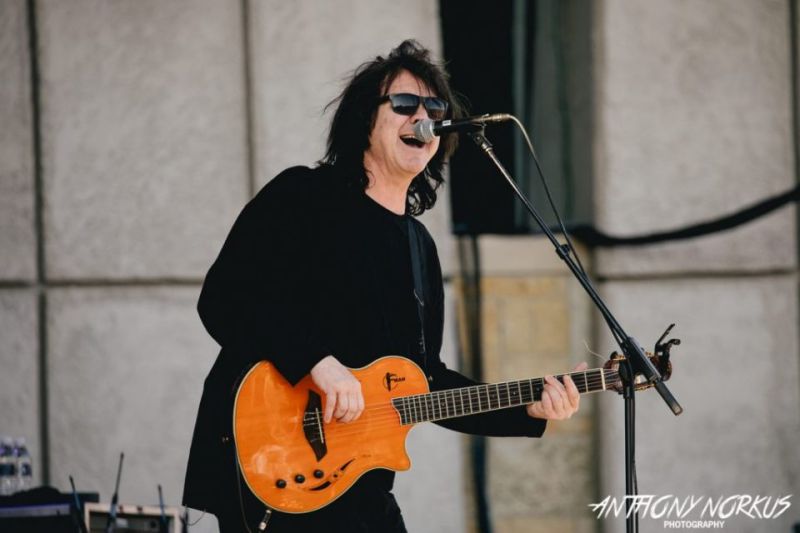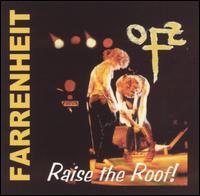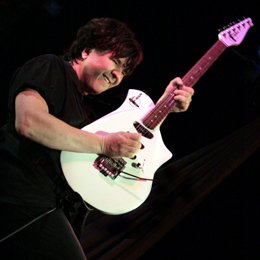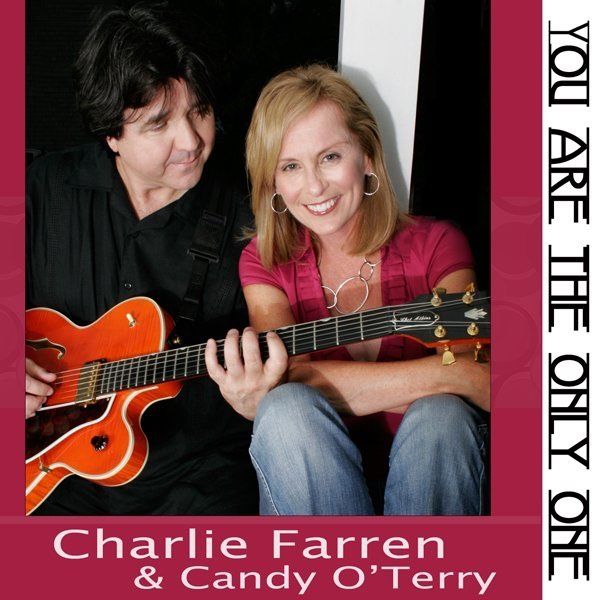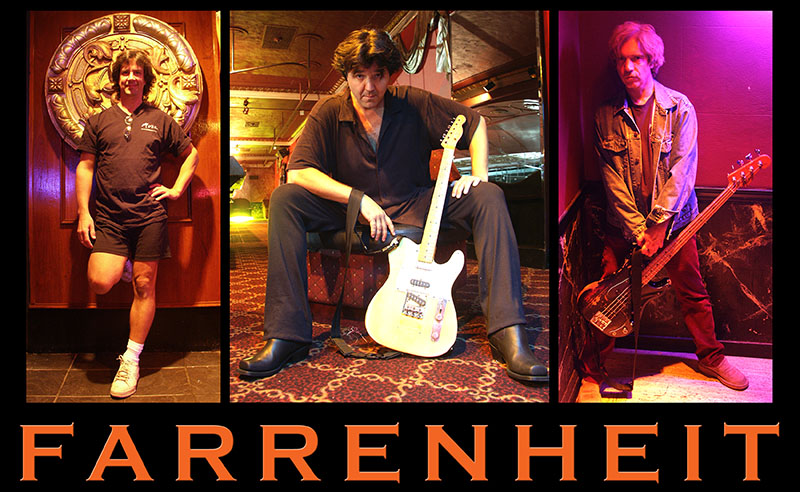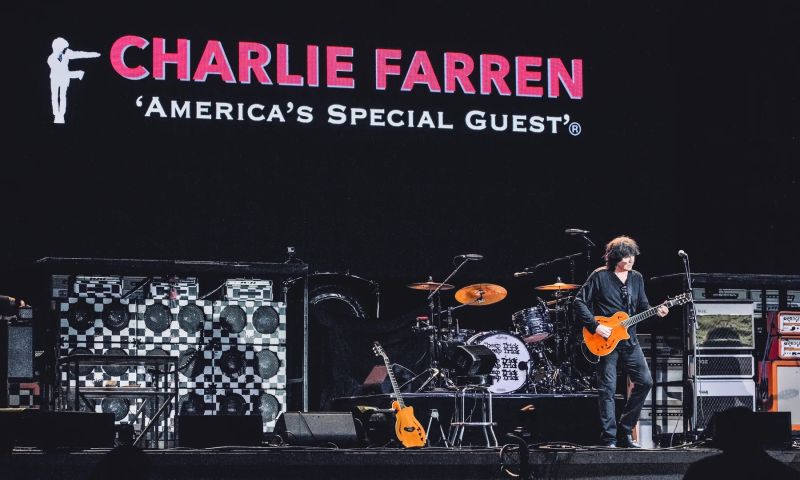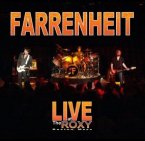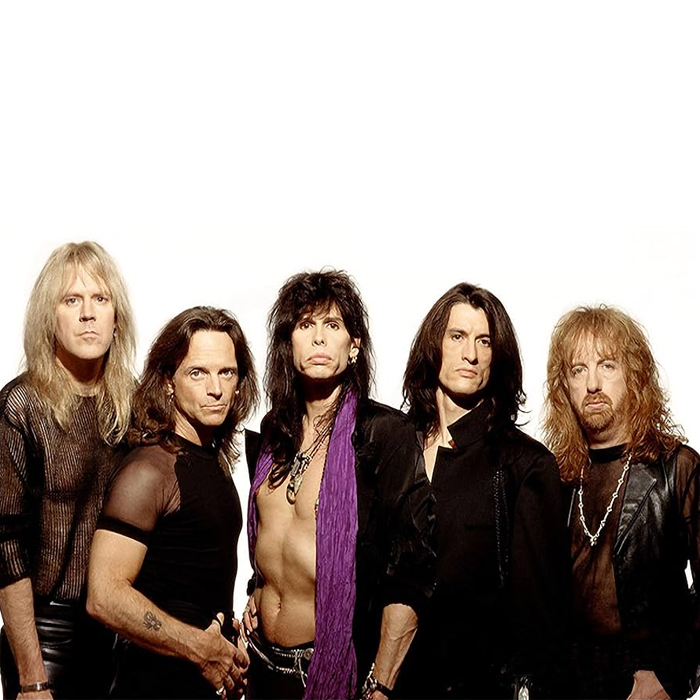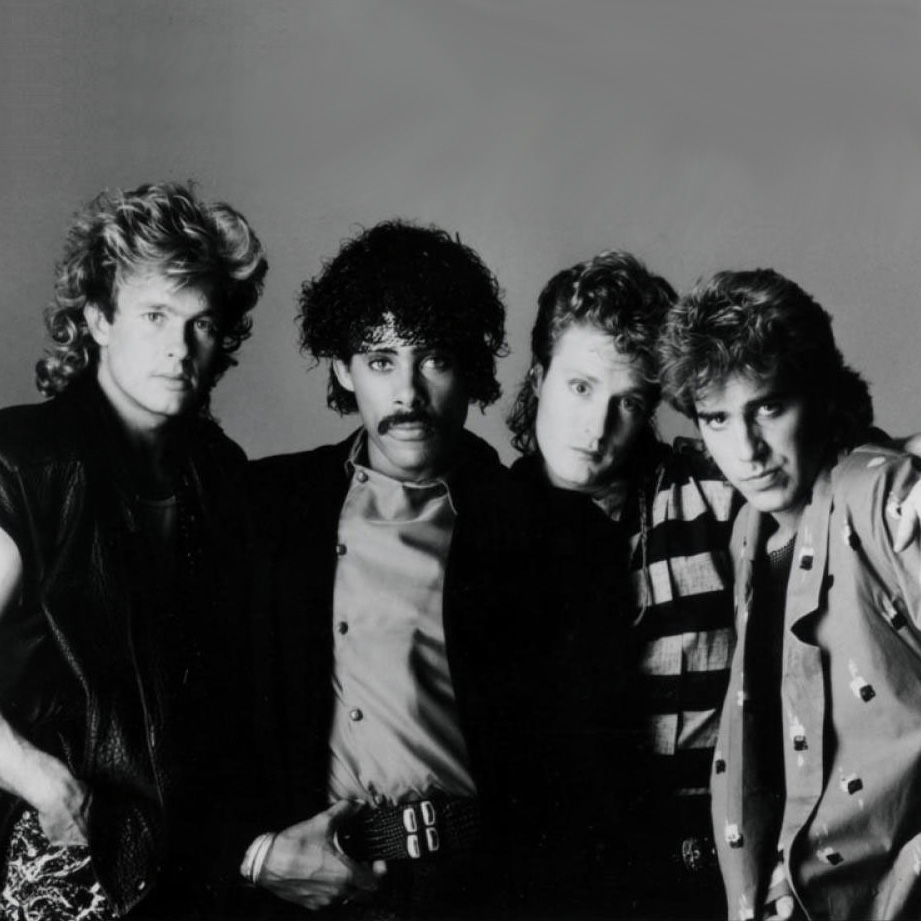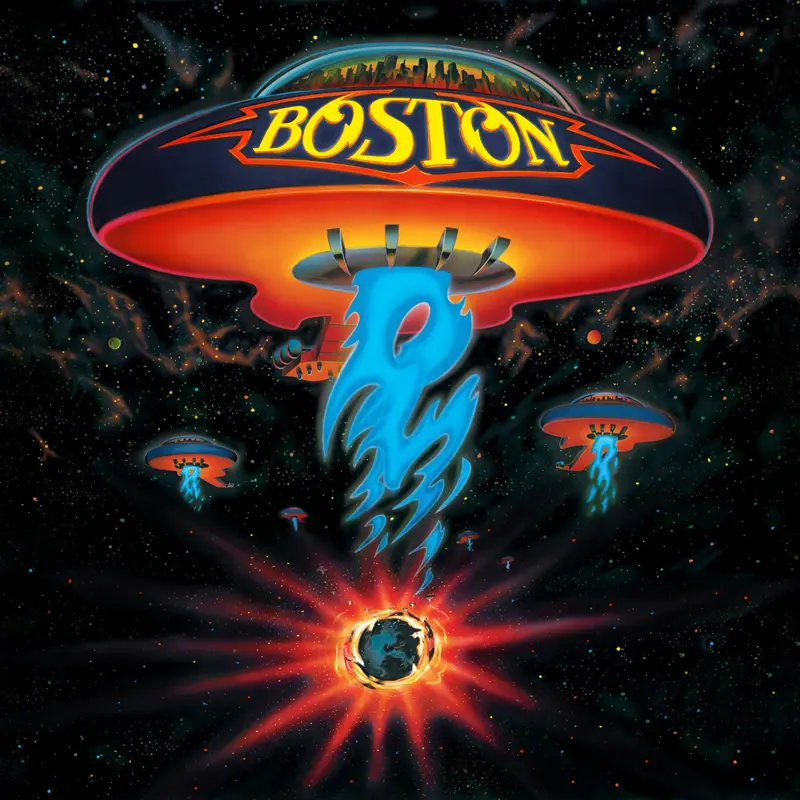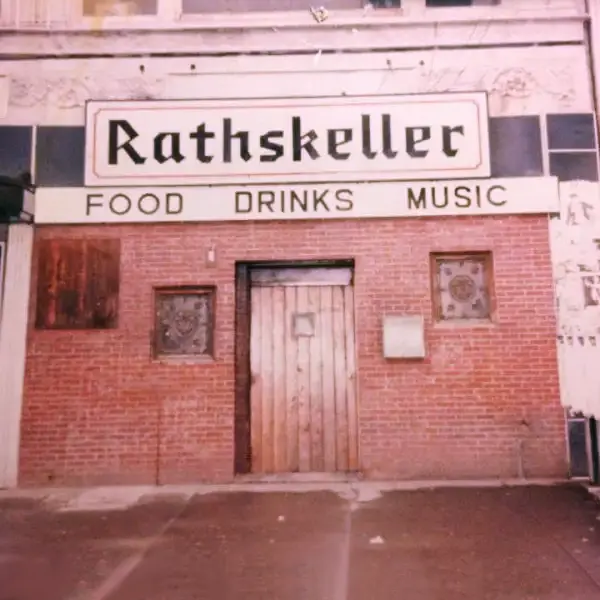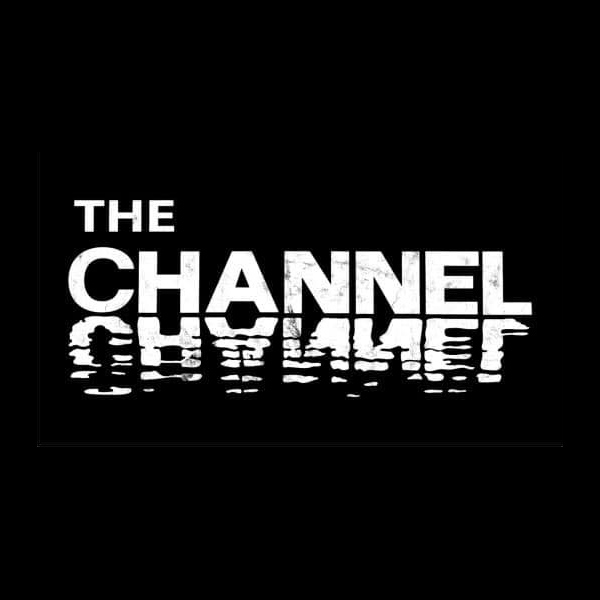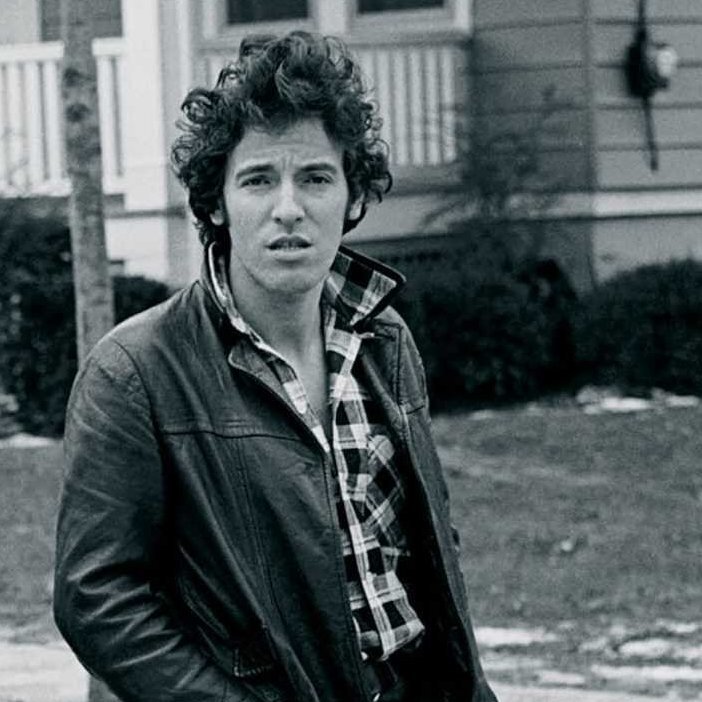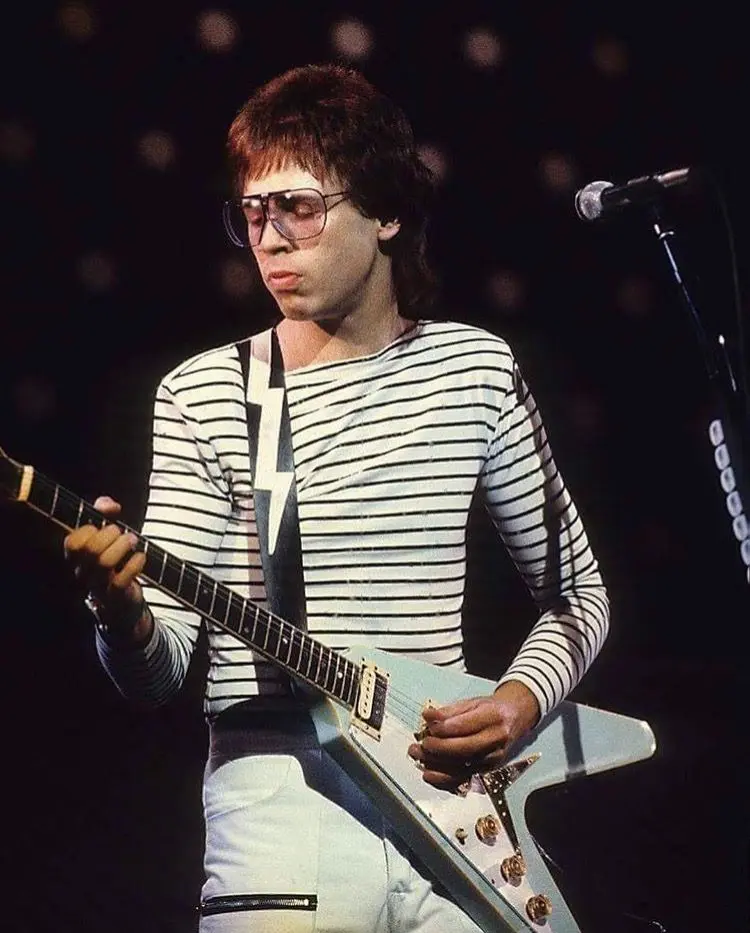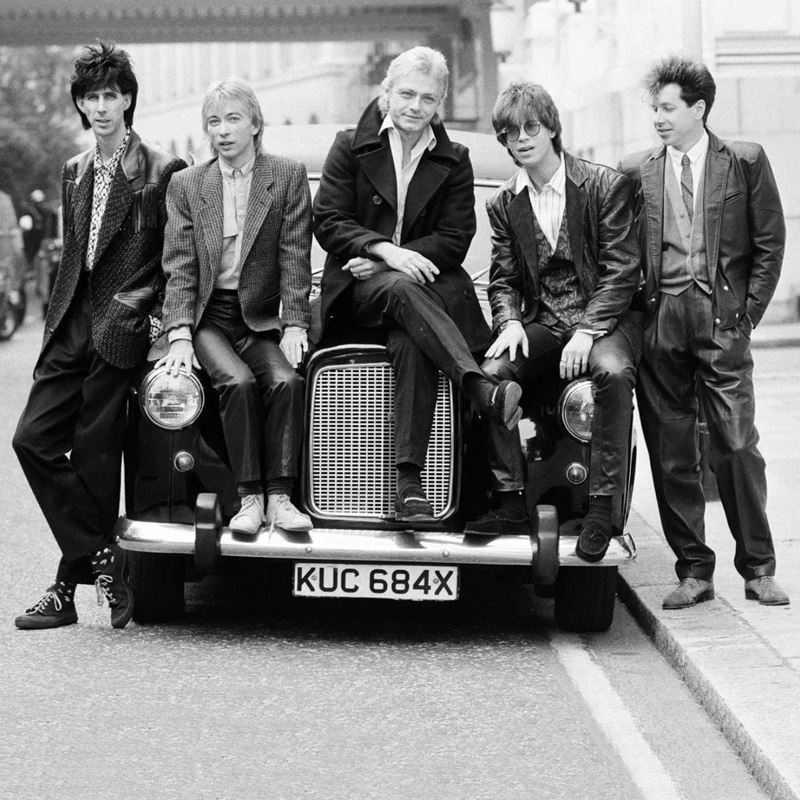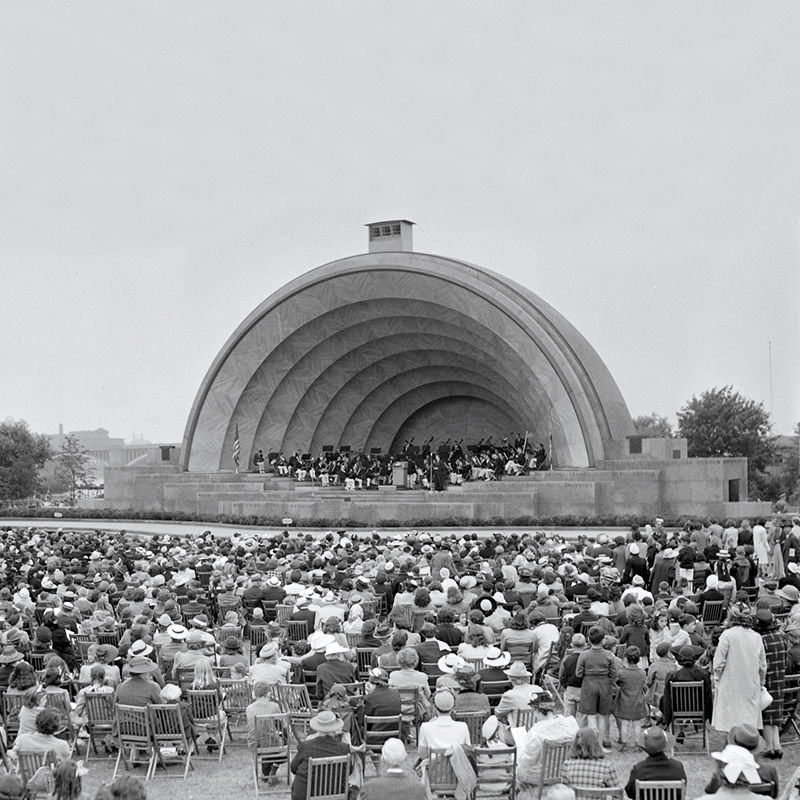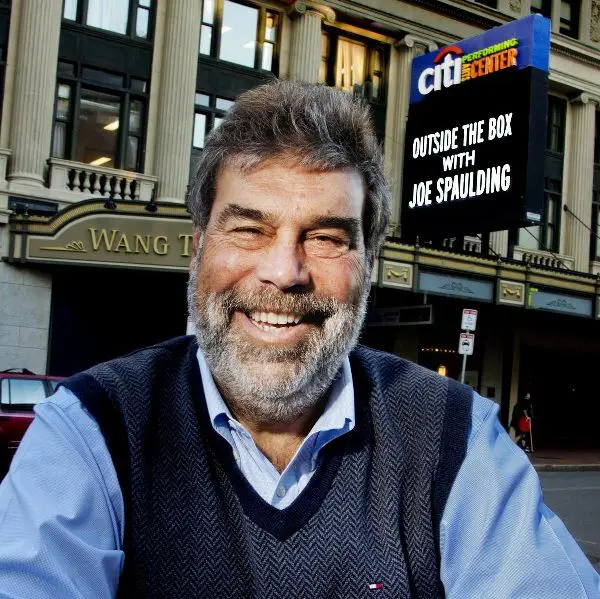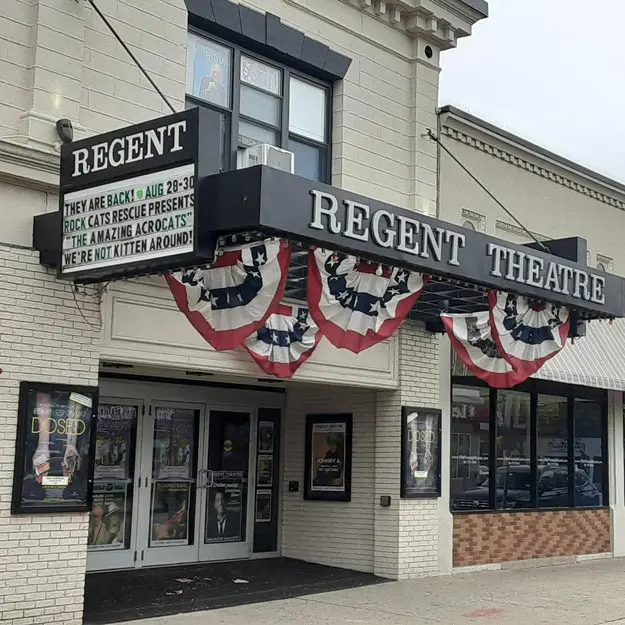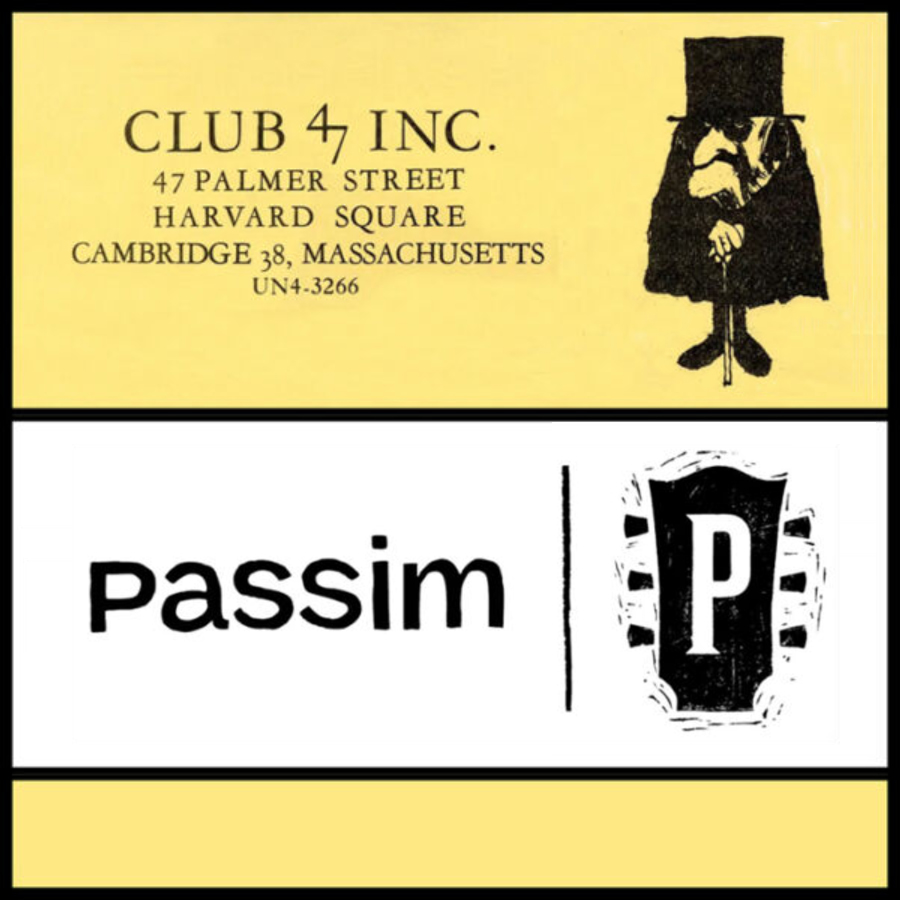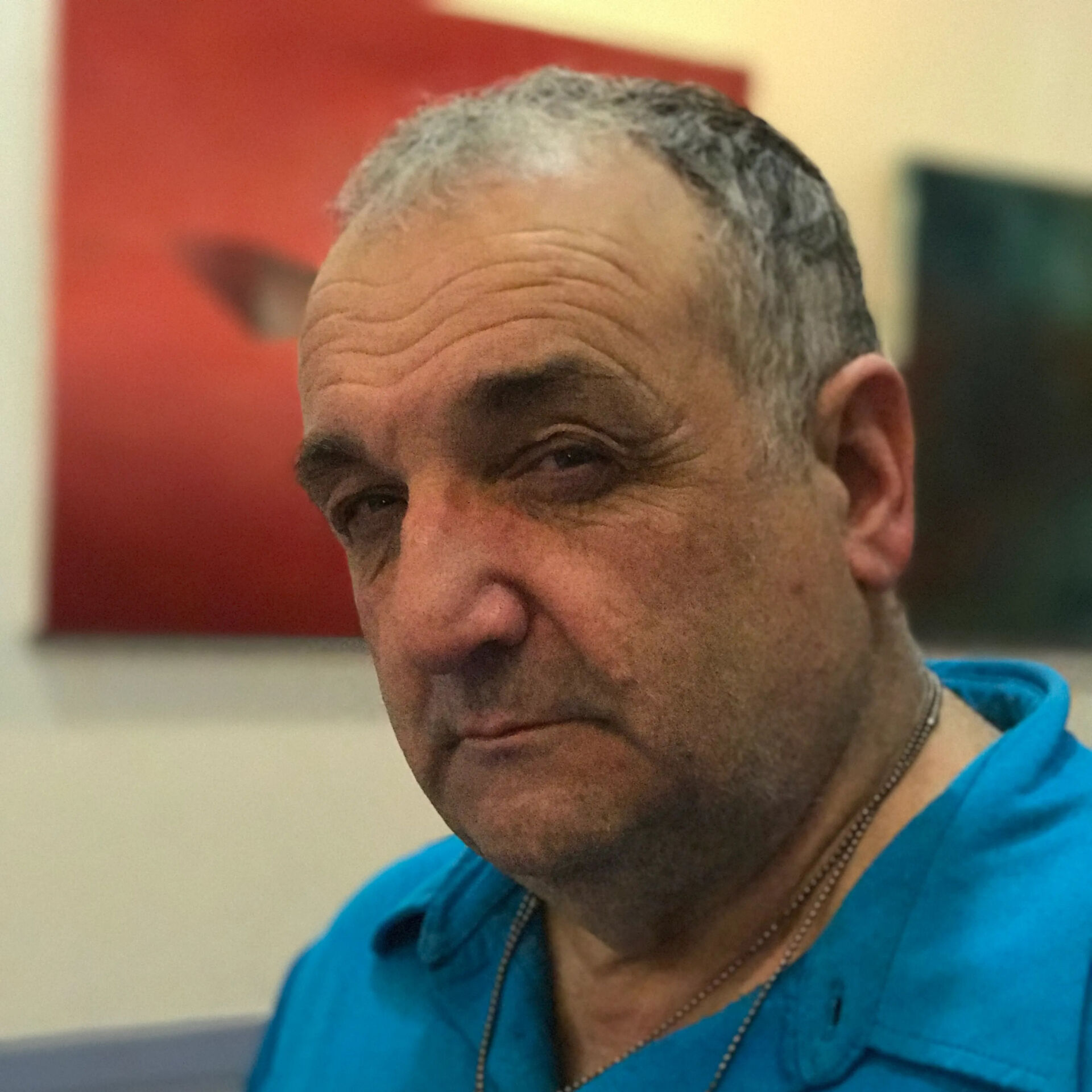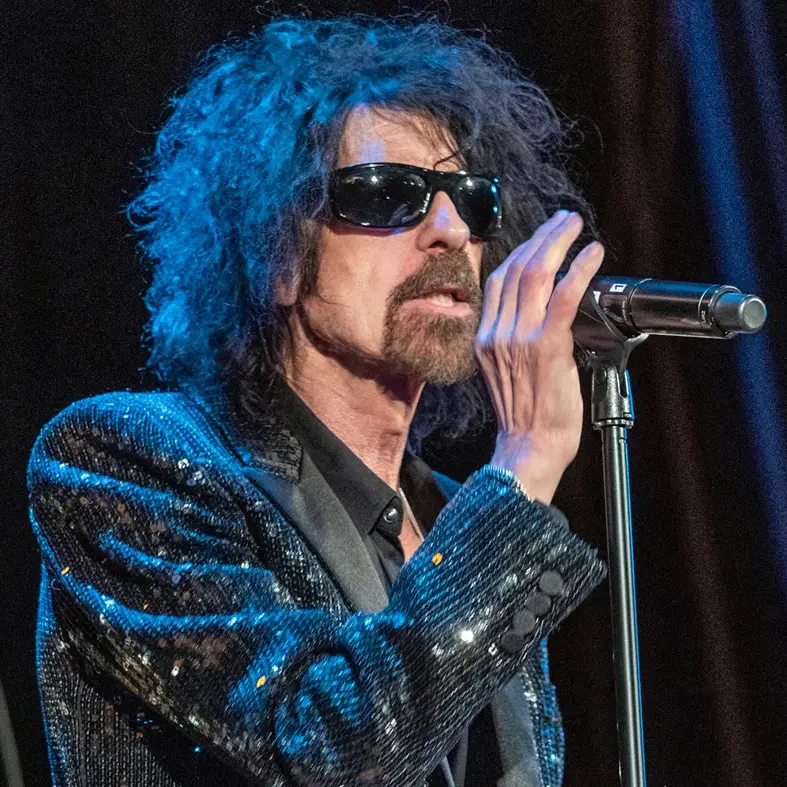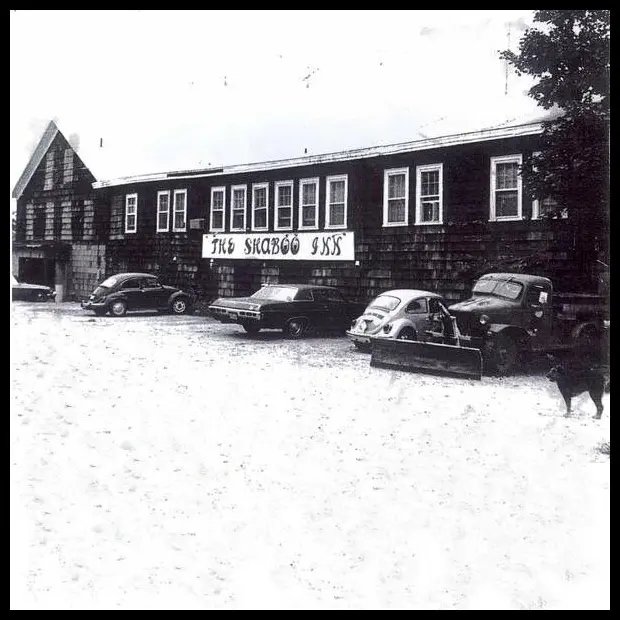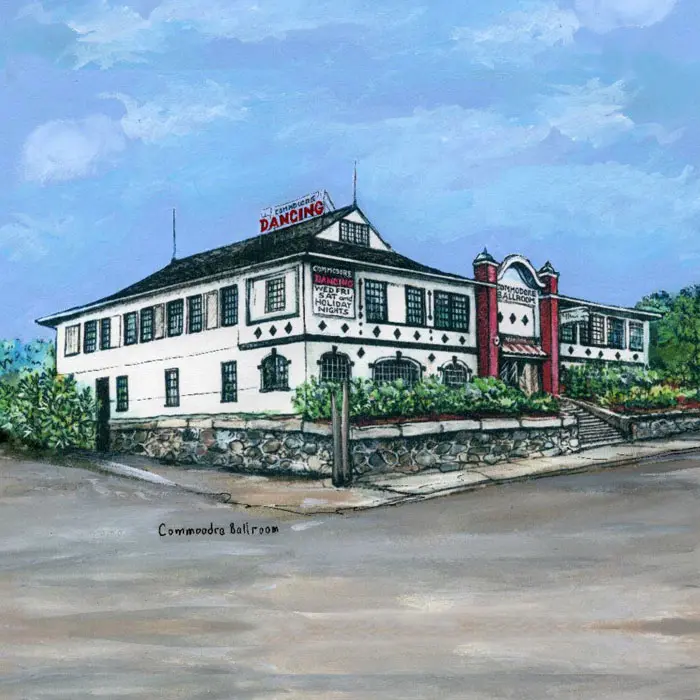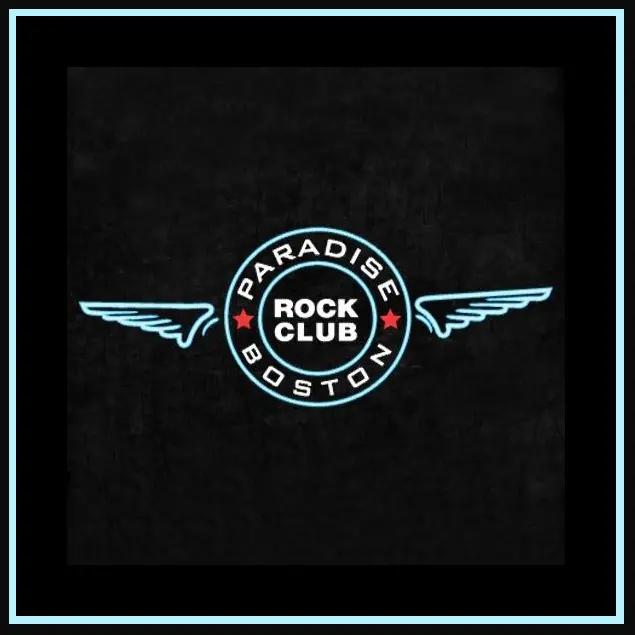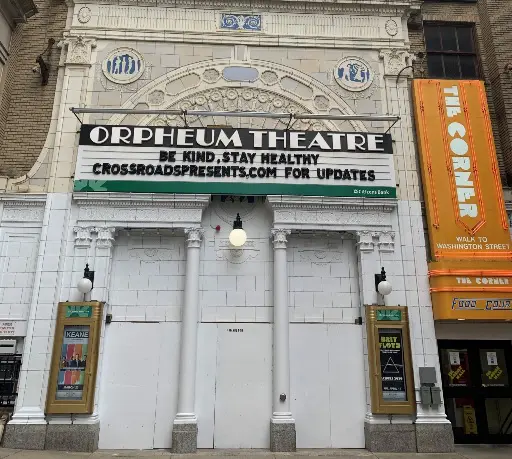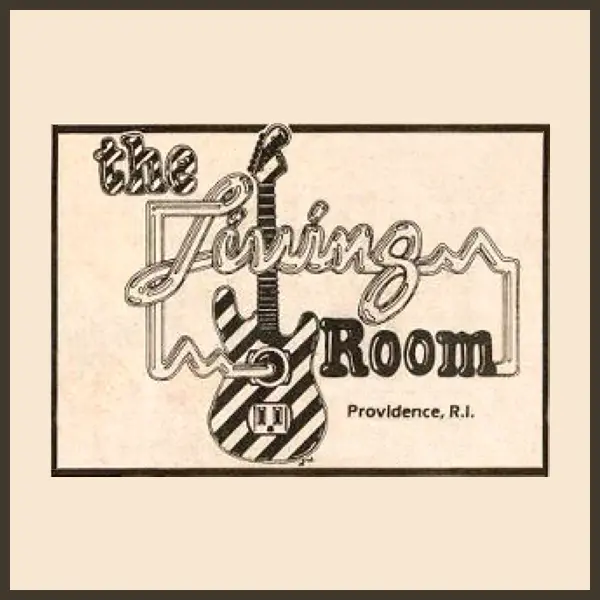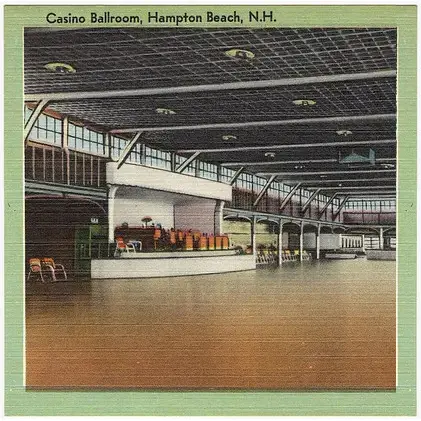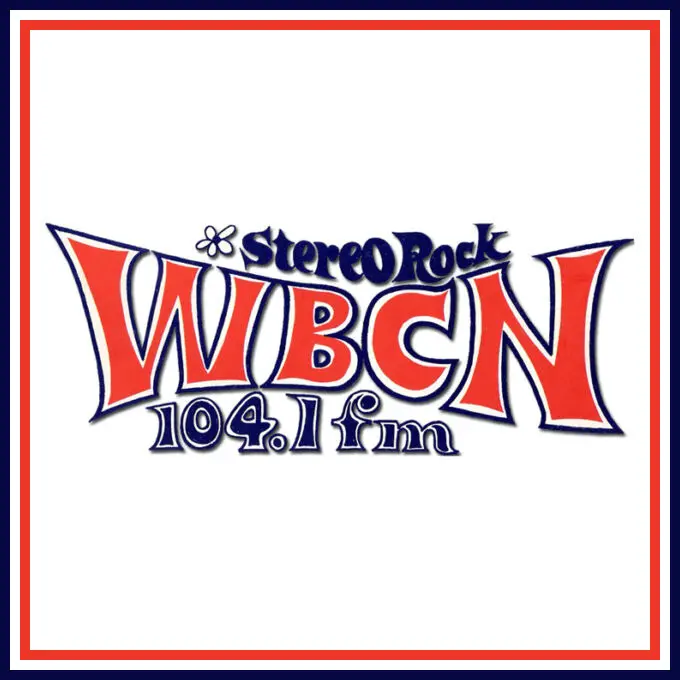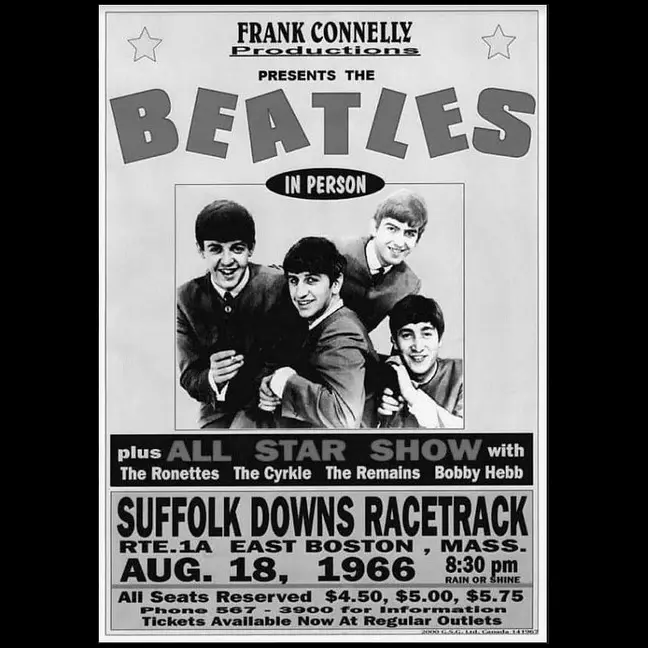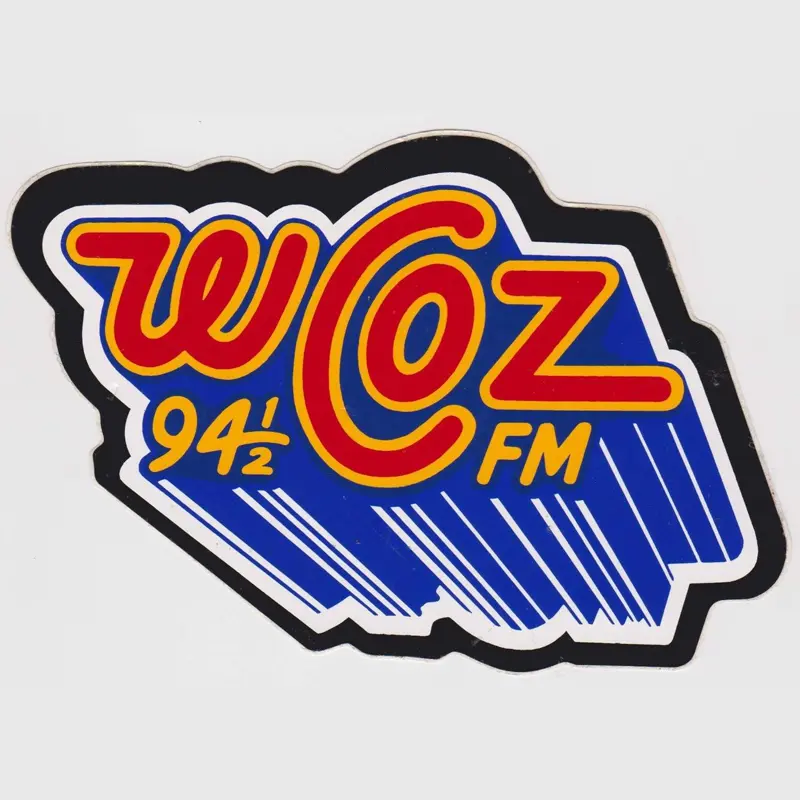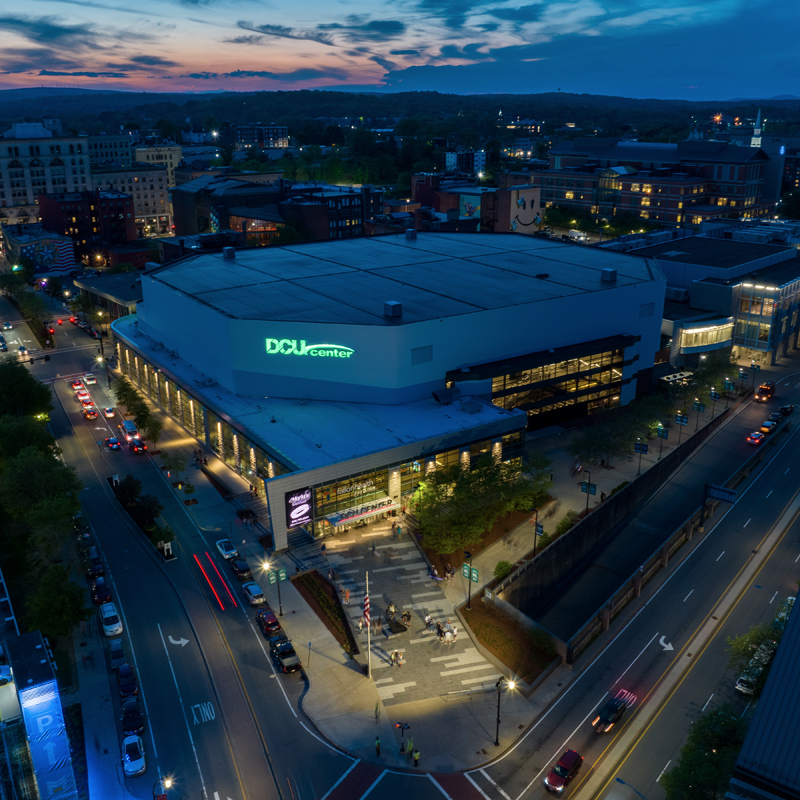Charlie Farren
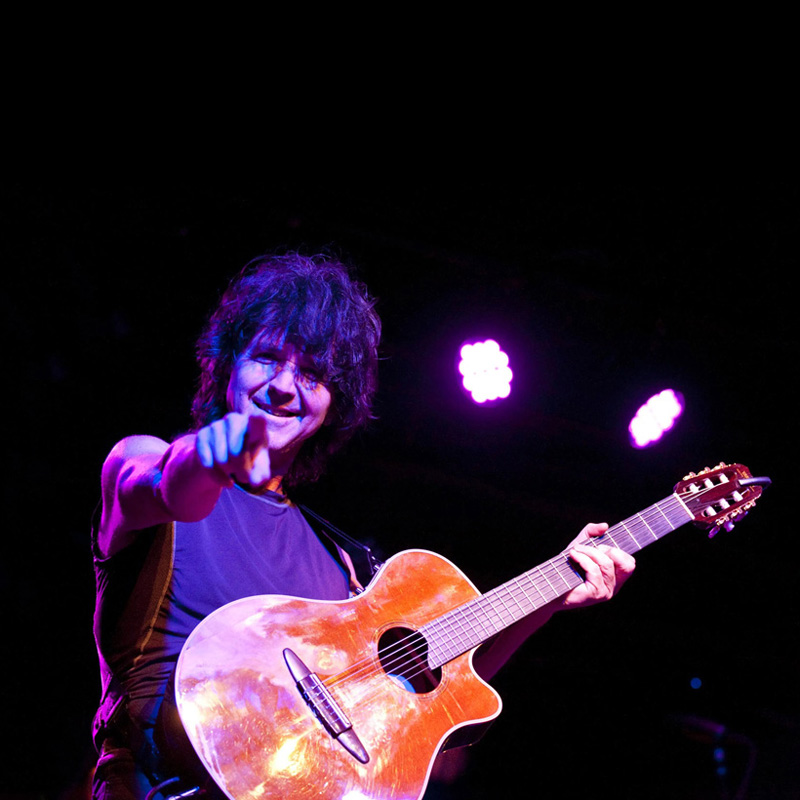
Charlie Farren
In every town, every city, every region and every country, some homegrown rock musicians are at least as renowned and respected as their more globally known counterparts – “local legends,” as they’re known. And a wicked lotta rockahs from Boston and greater New England would put Charlie Farren’s name at the very top of their local-legends list.
While far from being an international household name like some of the artists with whom he’s shared the stage – Ozzy Osborne, Joe Cocker, The Kinks, Boston and Aerosmith, among others – after innumerable live appearances and 18 albums (seven solo, 11 with bands he’s formed), Farren’s name is as instantly recognized by many of the region’s rock fans as the names Yastrzemski, Orr, Bird and Brady are by its sports buffs.
MUSICAL BEGINNINGS, FIRST BANDS
Born on August 27, 1953, in Everett, Massachusetts, Farren was raised in the neighboring city of Malden. His father, a Belfast-born Irishman who emigrated to the US in 1927 through Ellis Island, played a Sears Silvertone guitar and Farren has cited him as his first musical inspiration, with another being his older sister, who played in a band that performed a mix of Gaelic and Jewish music and gigged professionally.
“Everyone in my family would sing in full voice without hesitation,” he said about his musically inclined bloodline in an interview with All Media Guide. “I later was surprised to learn that people are generally shy to sing out.” Beyond his family, he’s said that he was “very moved” by The Beatles as a youngster and that he’s remained so for his entire adult life.
Around age 13, Farren started playing guitar but only “dabbled,” he’s said, and didn’t stick with it after finishing high school, wanting to focus on his singing and becoming a frontman. His first band, formed with classmates, had three different names – The Ancient Mariners, The White Knights and The Internationals – and played only a few gigs and in his junior year of high school he joined his second group, Blue Willow (also with classmates), which played originals and covers, the latter being “so obscure that it never helped us get a lot of gigs,” he’s said.
LIVE LOBSTER, BALLOON
Farren launched his full-time music career in 1973 fronting the band Live Lobster, which gigged tirelessly throughout New England, sometimes seven nights a week, playing as many as six sets per show. When that group disbanded in 1975, Farren and Live Lobster’s lead guitarist, Ken Kalayjan, formed Balloon, honing a harder-edged sound and playing only original material.
The band made appearances at the Rathskeller, The Channel and other Boston and Boston-area clubs, and in 1977 one of their of their demo tracks, “Listen to the Rock,” saw regular airplay on both of Boston’s top rock stations, WBCN and WCOZ, archrivals at the time. In 1980, another demo, “East Coast, West Coast,” saw airplay across the northeast, attracting attention from labels, most significantly from Atlantic co-founder Ahmet Ertegun, who praised Farren’s writing skills and vocal style.
THE JOE PERRY PROJECT
But as close as Atlantic came to signing Balloon, it never happened and two words explain why: Joe Perry. In 1979, Aerosmith’s lead axeman – and one half of what the media labeled “the toxic twins,” the other being frontman Steven Tyler – had quit that band and formed his own, The Joe Perry Project, whose unimaginative name belied the searing scorch of their sound. When original lead vocalist Ralph Morman left the group in 1980, Perry approached Farren, who walked away from Balloon and into The Joe Perry Project without a second thought.
In 1980, the band recorded I’ve Got the Rock’n’Rolls Again for Columbia Records at The Warehouse in Waltham, Massachusetts. It was the group’s second album (after 1979’s Let the Music Do the Talking) and featured rerecorded versions of the already well-known Farren-penned Balloon demos (“Listen to the Rock,” “East Coast, West Coast”), another Farren song (“TV Police”), four songs credited to Perry-Farren (including the title track) and two credited to Perry alone. “‘Listen to the Rock’ got me noticed and ultimately hired by Joe Perry,” Farren once told All Media Guide.
To support the album, the group toured the US including New England shows at the Shaboo Inn in Willimantic, Connecticut, The Commodore Ballroom in Lowell, Massachusetts, Boston’s Orpheum Theatre and Paradise Rock Club, Hampton Beach Casino Ballroom in Hampton, New Hampshire, and The Living Room in Providence. Despite the band spending months on the road – crisscrossing the US twice in 1981 – the album stalled at #100 in the Billboard 200 and sold less than half what the first album had, resulting in Columbia dropping the group. By 1982, Joe Perry himself was the only remaining member of the band, which he reformed from the ground up to record 1983’s Once a Rocker, Always a Rocker for MCA.
THE ENEMY, FARRENHEIT, OTHER COLLABORATIONS
After leaving The Joe Perry Project in 1982, Farren formed The Enemy, which could just as well could have been called “Balloon 2.0” in terms of its sound and how it caught the ears of Atlantic’s Ertegun. In 1985, the group recorded two singles, “America Rocks” and “Sally’s Got a Poker Face,” and Ertegun wanted to sign Farren (not The Enemy) as a solo artist. Before putting pen to paper, though, Farren received what he considered to be a significantly better offer from Warner Bros. Records and took it, thus leaving Ertegun waiting at the proverbial alter for the second time in as many years.
In 1986, he formed power trio Farrenheit with drummer John “Muzz” Muzzy and former Joe Perry Project bassist David Hull – who changed his last name to Heit, making Farrenheit a play on names – and the band recorded the first of their five albums (the only one for Warner Bros.), a self-titled effort that peaked at #179 in the Billboard 200 but received positive reviews. “It is arena rock, make no doubt about that, but it is great arena rock,” wrote critic Joe Viglione. “Farren is a tremendous singer, frontman and songwriter.”
Three singles from the LP – “Lost In Loveland,” “Bad Habit” and “Fool In Love” – saw national airplay and their videos were put into regular rotation on MTV. In 1987, Farrenheit opened for Boston on that group’s 75-stop Third Stage tour of the US, which included a record-setting nine-night stand at the Centrum in Worcester (now the DCU Center).
Also in 1986, Farren was a guest artist on Bad Company’s Fame and Fortune LP, as he’d been on Nona Hendryx’s The Heat the year before. He performed with his sister, Robin Farren, that year, too, in a band called simply Farren that included guitarist extraordinaire Stevie Vai and many fans called The Charlie Farren Group. Starting in 1989, Farren took a six-year break from the stage and studio, returning to the music business in 1995 with his establishment of an artist-management company; Jon Butcher was one of his first clients. In 1996, he sang background vocals on Peter Wolf’s album Long Line and Joey McIntyre’s Stay the Same.
FMAN MEDIA, SIGNATURE GUITAR, RECENT TOURING
In 1999, Farren founded his own label, FMan Media, and he’s used it to release four albums with Farrenheit, Raise The Roof (1999), Greasetown: Farrenheit III (1999) and Live at the Roxy (2003); seven solo LPs, Deja Blue…The Color of Love (1999), World Gone Wild (2002), Four Letter World (2003), Live @ Club Passim (2003), Old & Young (2007), Retrospective: Live At The Regent Theatre (2008) and Tuesday (2013); and one as part of a duo with Jon Butcher, FBI (2011).
In 2001, Farren designed his own signature guitar, the F-Man, with Dean Campbell of Campbell American Guitars (based in Pawtucket, Rhode Island) and Ernie Boch Jr. bought the first one off the production line. Since 2007, he’s been a judge and mentor on the newly revived television show Community Auditions (broadcast on WCVB) and in 2008 he recorded the song “You Are The Only One” with Boston radio personality Candy O’Terry, performing it with her live at the Hatch Memorial Shell in Boston and other venues.
Most recently, according to his official website, Farren has been touring North America promoted as “America’s Special Guest” while opening for Three Dog Night, REO Speedwagon, Cheap Trick, ZZ Top, Joe Perry, Max Weinberg (of Bruce Springsteen’s E Street Band), Average White Band, The Cars’ Elliot Easton and others.
COMMENTS ON TRADITION, TECHNOLOGY
Asked in 2011 in an interview with music website Bluebird Reviews what he wants the younger generation to “get” about music, Farren highlighted the importance of balancing tradition and technology. “Well, I like good music and there’s good music in every genre,” he said. “but I would hate to see kids lose the ability to play real instruments. I think electronic music, it can be great, but I think it’s important to have a critical mass of the young people be able to play guitar or piano or drums that you hit and they resonate … real flutes or horns.”
(by D.S. Monahan)


